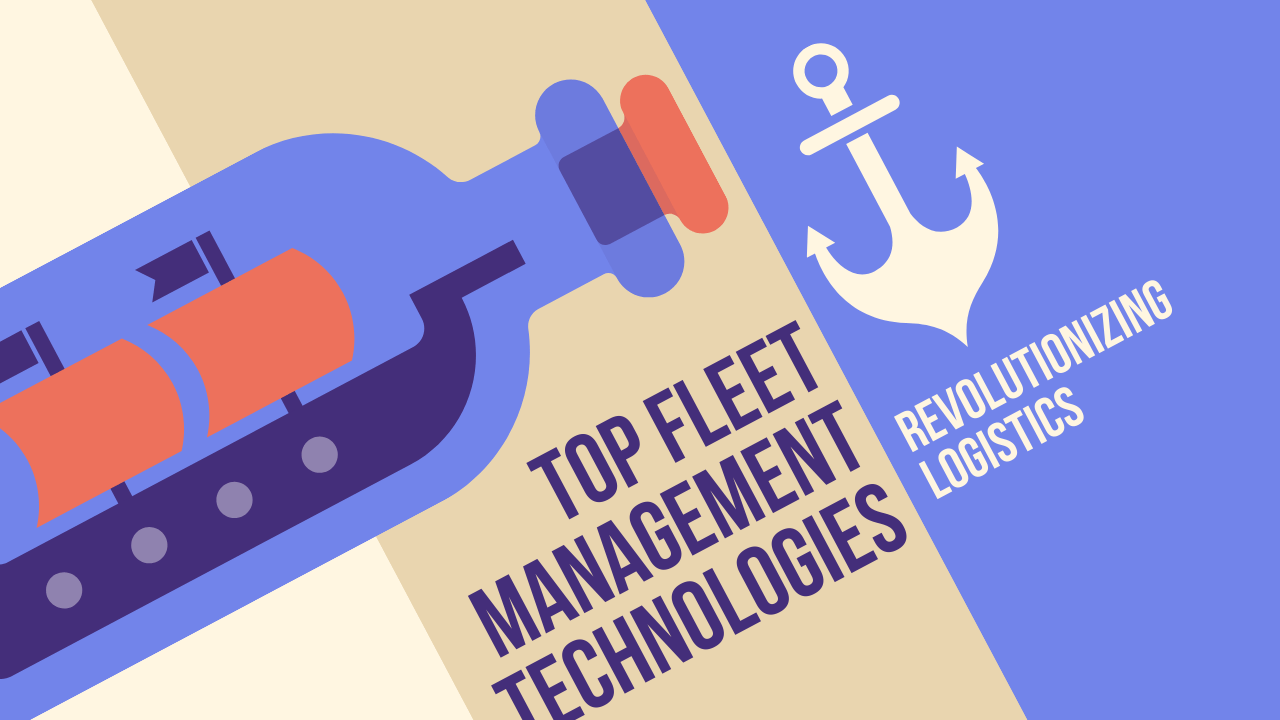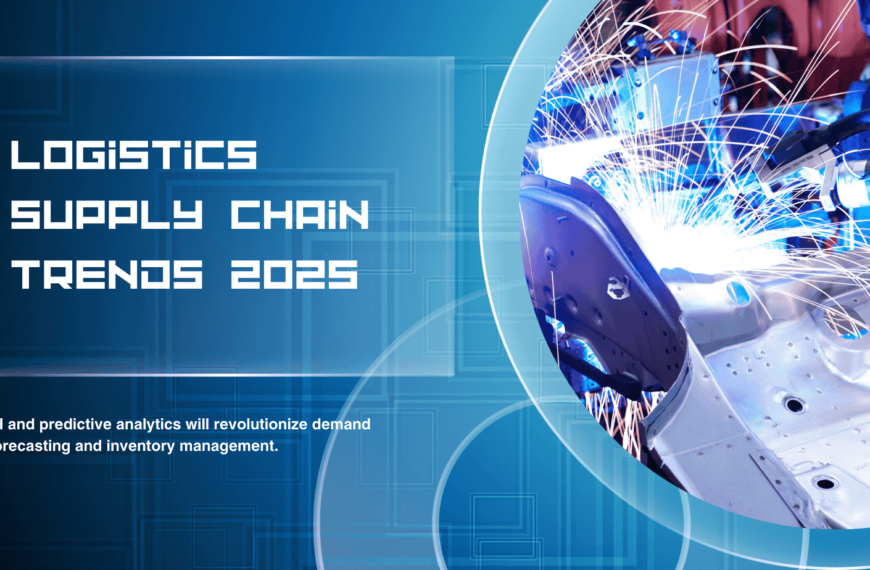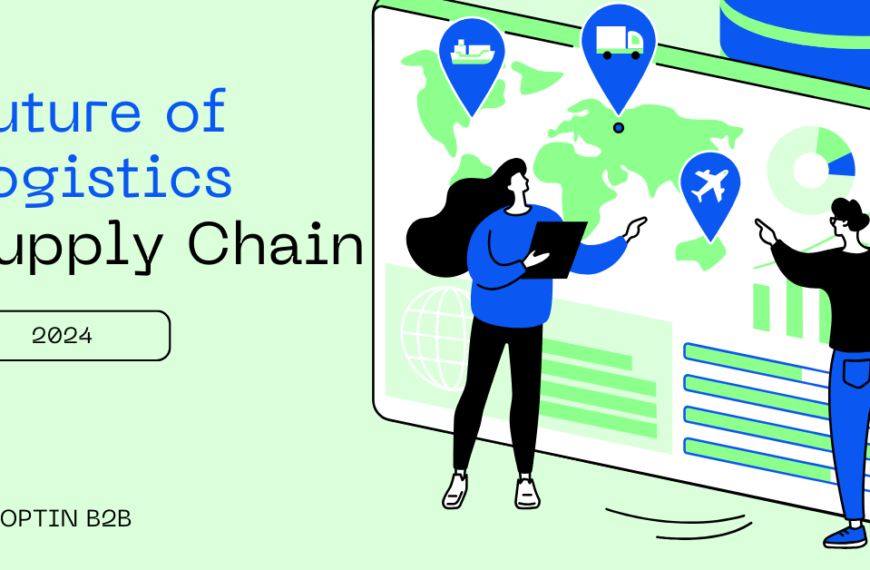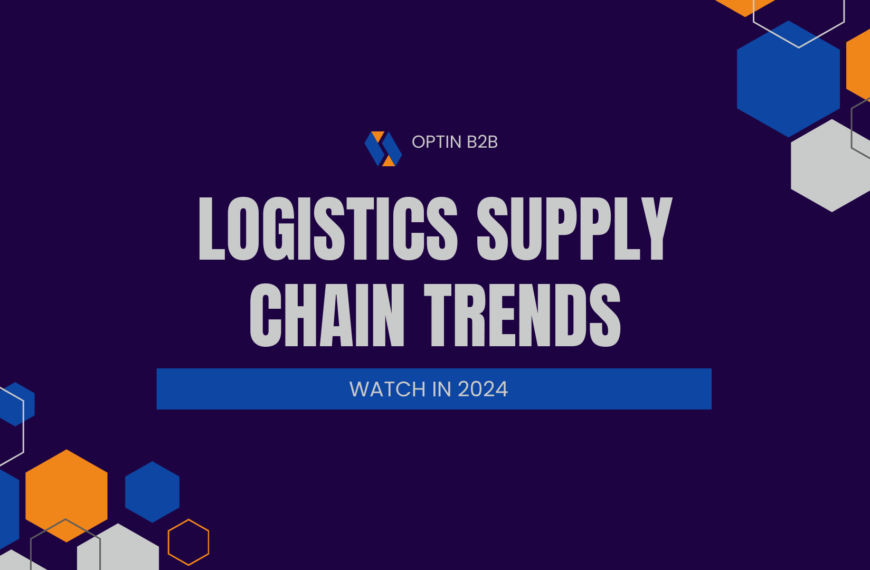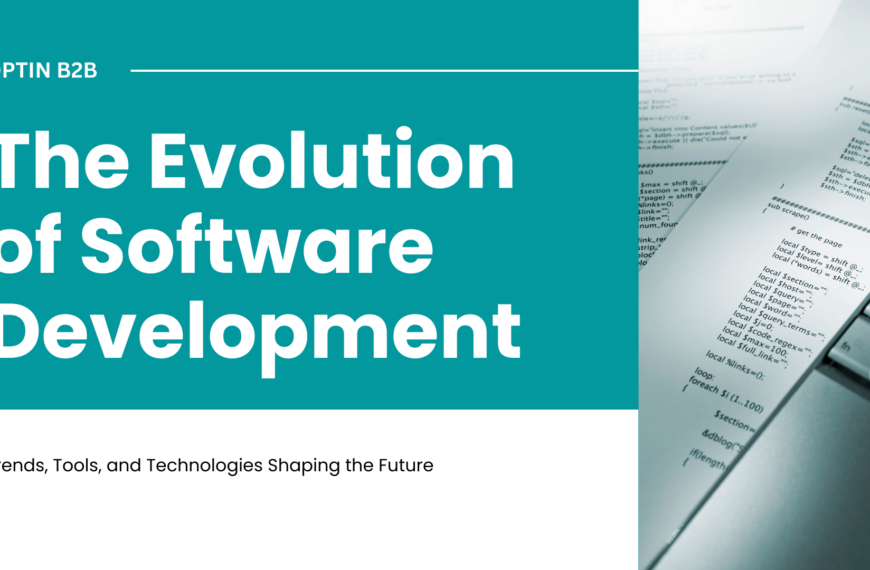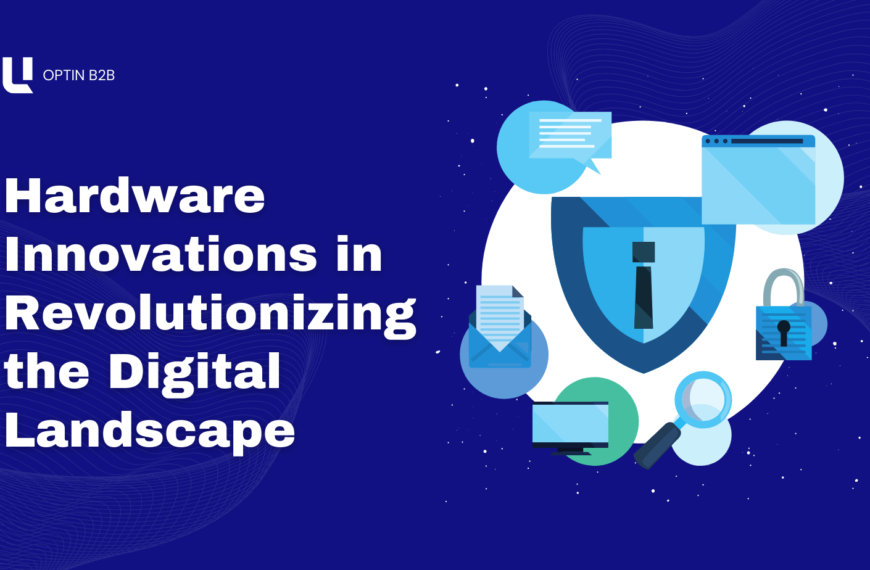Fleet management technology has come a long way, redefining how logistics operations are planned, executed, and monitored. The integration of cutting-edge solutions ensures businesses achieve greater efficiency, cost-effectiveness, and sustainability.
IoT and Telematics Solutions
IoT-enabled devices and telematics systems offer unparalleled real-time tracking and diagnostics. Fleet operators can monitor routes, engine performance, and driver behavior, ensuring optimized operations while minimizing downtime. Predictive maintenance, powered by IoT, reduces repair costs and enhances vehicle lifespan.
AI-Powered Analytics
Artificial intelligence is the backbone of modern fleet management. AI tools process enormous data sets to provide actionable insights into fuel consumption, routing, and delivery schedules. These insights lead to smarter decisions, ensuring fleets operate at peak efficiency.
Advanced Driver Assistance Systems (ADAS)
ADAS technologies like collision avoidance, lane-keeping assistance, and adaptive cruise control are enhancing fleet safety. By reducing the risk of accidents, these systems protect drivers, cargo, and vehicles while maintaining productivity.
Renewable Energy Integration
As sustainability becomes a priority, fleet managers are shifting to electric and hybrid vehicles. Companies like Tesla and Volvo are leading with energy-efficient fleets, reducing carbon footprints and complying with environmental regulations.
Blockchain for Supply Chain Transparency
Blockchain technology is transforming the logistics industry by ensuring secure, transparent, and tamper-proof records of shipments. It fosters trust between stakeholders by tracking goods in real time and simplifying compliance processes.Fleet management technology is not only a game-changer for logistics but also a catalyst for sustainability and innovation. Businesses that adopt these solutions will be better equipped to thrive in the competitive logistics landscape of 2024 and beyond.

